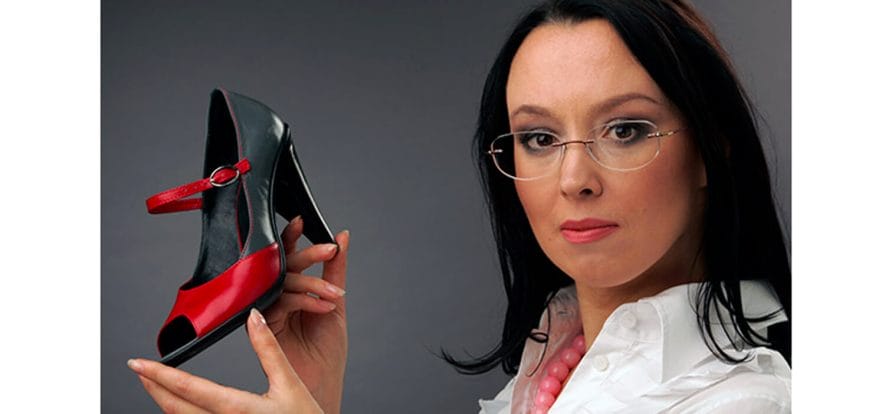The value of illegal import of shoes in Russia is higher than that of domestic production. Not only: it is close to equaling that of legal import. This is demonstrated by the statistics provided by Unichel, a shoe manufacturer, in support of a video message that company employees sent to Russian President Vladimir Putin.
The appeal to Putin
Unichel workers asked Putin to “intervene as quickly as possible to put an end to the import of shoes on the black market” because “it threatens the survival of their company” and, therefore, “jeopardises their jobs”.
The stakes
“In this period – write Unichel employees -, according to various estimates, the share of smuggled goods has risen to 40-50%. The government and security agencies do not carry out Your instructions, because, according to them, to implement Your acts a change in a number of legislative acts is needed”.
Russian production
According to Unichel, volume of Russian footwear market is around 500 million pairs: 100 million are declared as produced in Russia, while around 30 million pairs are part of undeclared production.
Moscow import
200 million pairs is the volume of regular imports, while about 150 million pairs, more than a couple out of three, is the result of smuggling from China across the borders of Kazakhstan and Kyrgyzstan. “Smuggling generates 3.5 million rubles of revenue loss to producers every year”, said Elena Romanenko, head of Unichel’s press service.
The requests
Unichel calls for more inspections and controls at the borders and in the places where footwear is sold. More severe penalties for smugglers. Restoration of customs control at the border with Kazakhstan. Checks for the presence of dangerous chemicals.
The data on luxury
Unichel statistics are not very different from what Kommersant magazine reports, citing Brand Monitor study. Annual sales of counterfeit luxury goods in Russia would have reached 280 billion rubles, compared to a legal volume of 250 billion rubles. Thus, sales of fakes would exceed the regular ones.
Distribution channels for fakes
The study claims that the main distribution channels for fake products are shopping centres (40%), clothing markets (30%) while a significant part is fed by online sales (84 billion rubles), of which 25 billion are placed through social networks. Among the most purchased fake products are sneakers, jeans and bags.
In the image (from unichel.ru) Inna Khramtsova, chief designer of Unichel shoes











